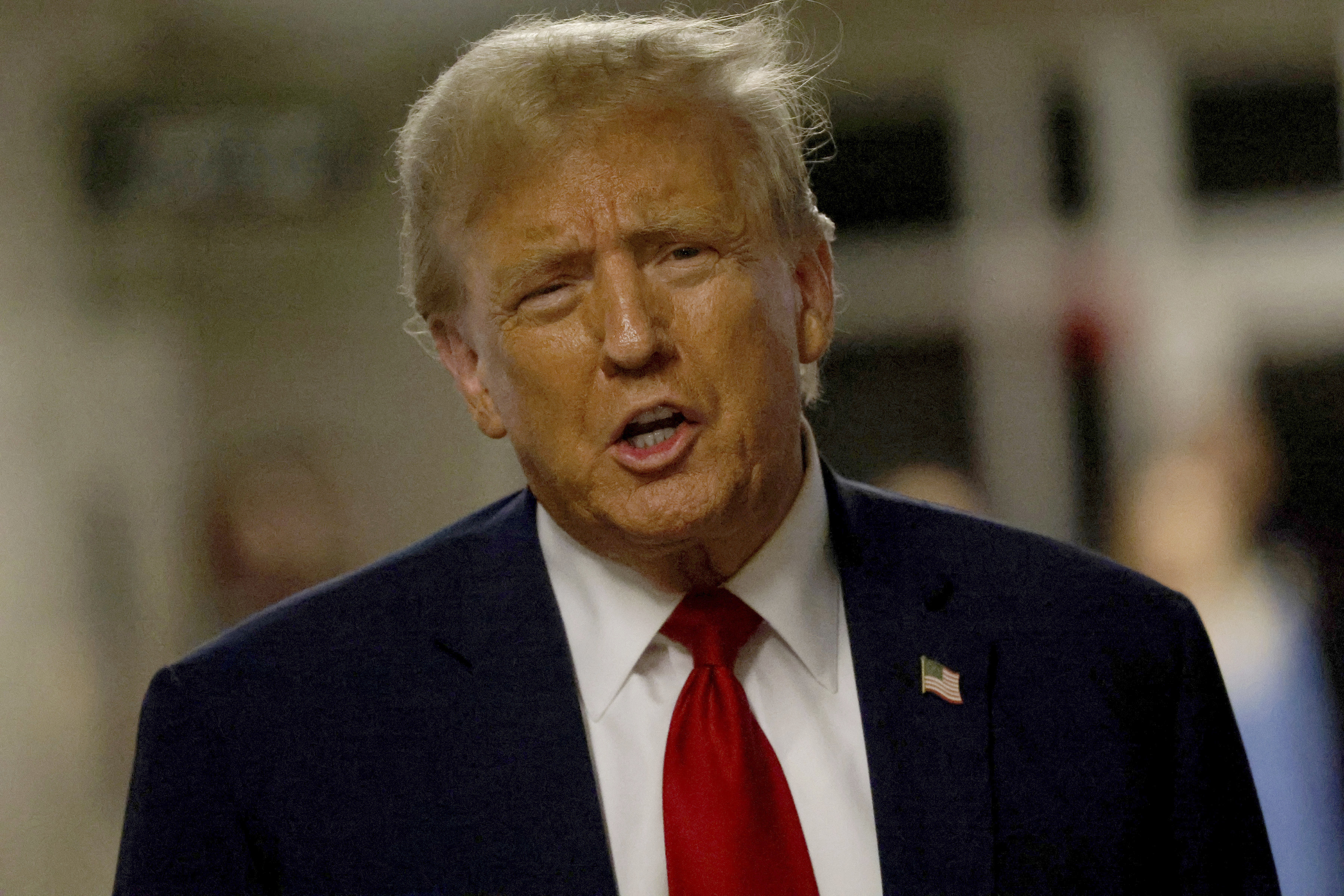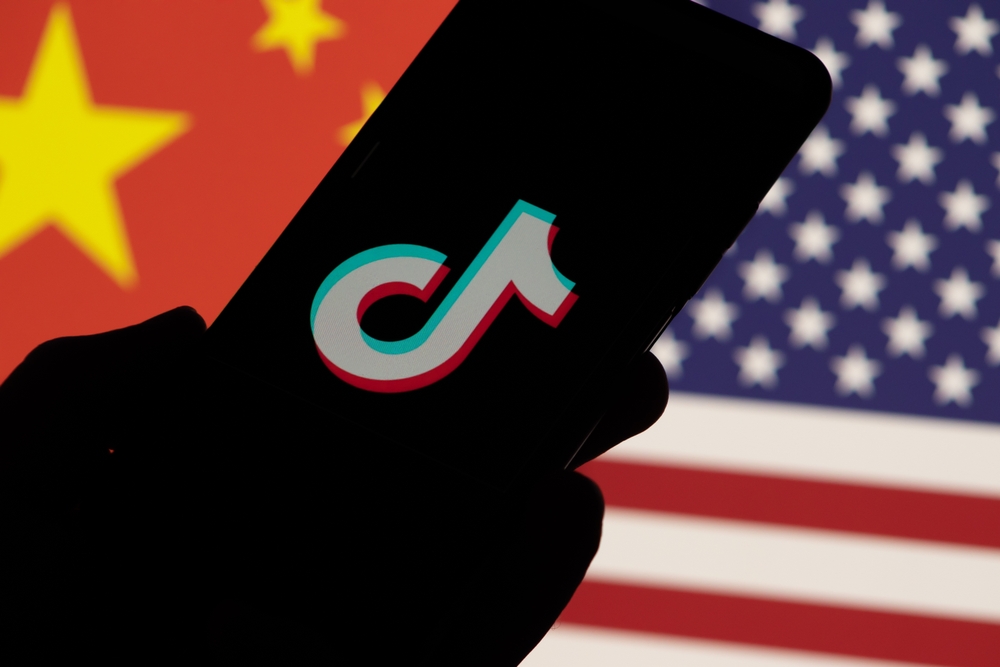At the beginning of 2017, one of Julian Assange's biggest media boosters traveled to the WikiLeaks founder's refuge inside the Ecuadorean Embassy in London and asked him where he got the leaks that shook up the U.S. presidential election only months earlier.
Fox News host Sean Hannity pointed straight to the purloined emails from the Democratic National Committee and Hillary Clinton's campaign chairman.
"Can you say to the American people, unequivocally, that you did not get this information about the DNC, John Podesta's emails, can you tell the American people 1,000 percent you did not get it from Russia or anybody associated with Russia?"
"Yes," Assange said. "We can say — we have said repeatedly — over the last two months that our source is not the Russian government and it is not a state party."
The Justice Department's indictment Friday of 12 Russian military intelligence officers undermines those denials. And if the criminal charges are proved, it would show that WikiLeaks (referred to as "Organization 1" in the indictment) received the material from Guccifer 2.0, a persona directly controlled by Russia's Main Intelligence Directorate of the General Staff, also known as GRU, and even gave the Russian hackers advice on how to disseminate it.
Whether Assange knew that those behind Guccifer 2.0 were Russian agents is not addressed in the indictment. But it seems unlikely that Assange, a former hacker who once boasted of having compromised U.S. military networks himself, could have missed the extensive coverage blaming the Kremlin for the DNC hack.
Assange told Hannity he exercised exclusive control over WikiLeaks' releases.
U.S. & World
"There is one person in the world, and I think it's actually only one, who knows exactly what's going on with our publications and that's me," Assange said.
On June 22, 2016, by which point the online publication Motherboard had already debunked Guccifer 2.0's claim to be a lone Romanian hacker, WikiLeaks sent a typo-ridden message to the persona, saying that releasing the material through WikiLeaks would have "a much higher impact than what you are doing," the indictment states.
"If you have anything hillary related we want it in the next (two) days pref(er)able because the DNC is approaching and she will solidify bernie supporters behind her after," says a message from July 6, 2016, referring to the upcoming Democratic National Convention and Clinton's chief party rival, Bernie Sanders.
The exchange appears to point to a desire to undercut Clinton by playing up divisions within the Democratic camp.
"we think trump has only a 25% chance of winning against hillary ... so conflict between bernie and hillary is interesting," the message says.
At that time in the campaign, there were simmering tensions between the supporters of Clinton and Sanders that would come to a head during the convention because of the hacked emails.
WikiLeaks and a lawyer for Assange, Melinda Taylor, did not return messages seeking comment on the indictment or the exchanges with Guccifer 2.0.
Assange's eagerness to get his hands on the alleged material from GRU reflected in the indictment — and prevent anyone else from beating WikiLeaks to the punch — is also revealed in leaked messages to journalist Emma Best. She, like several other reporters, also was in communication with Guccifer 2.0.
In copies of Twitter messages obtained by The Associated Press and first reported by BuzzFeed, WikiLeaks demands that Best butt out.
"Please 'leave' their convers(a)tion with them and us," WikiLeaks said on August 13, 2016, arguing that the impact of material would be "very substantially reduced" if Best handled the leak.
Best told BuzzFeed she dropped the matter. About an hour after the conversation ended, Guccifer 2.0 announced on Twitter that it was sending a "major trove" of data and emails to WikiLeaks.
The indictment also puts to rest a conspiracy theory, carefully nurtured by Assange and his supporters, that slain DNC staffer Seth Rich was at the origin of the leaks.
Rich died in July 2016 in what police in the District of Columbia say was a botched robbery. But the tragedy became fodder for conspiracy theorists who pushed the unfounded allegation that Rich, 27, had been providing information to the hackers and was killed for it.
It was Assange who first floated the idea into the mainstream, bringing up Rich's case in an interview with Dutch television the following month.
"What are you suggesting?" the startled anchor asked him.
"I'm suggesting that our sources take risks and they become concerned to see things occurring like that," Assange answered.
The anchor pressed Assange repeatedly, eventually saying: "It's quite something to suggest a murder. That's basically what you're doing."
Over the next few months, WikiLeaks would continue to amplify the conspiracy theory -- all while stopping short of endorsing it outright. During all this time, the indictment alleges, WikiLeaks knew full well that Guccifer 2.0 was its source, cajoling the account's operators to hand it more data and ordering rival journalists to steer clear.
The conspiracy theory has been a source of deep pain for Rich's family, who declined to comment on the indictment.
Lisa Lynch, an associate professor of media and communications at Drew University who has written about WikiLeaks, said the indictment highlighted the cynicism of WikiLeaks' wink-wink support for conspiracy theories.
"We can see very well-intentioned people arguing about whether those documents should be published," Lynch said of the DNC documents. "But the whole Seth Rich thing is incredibly venal."



